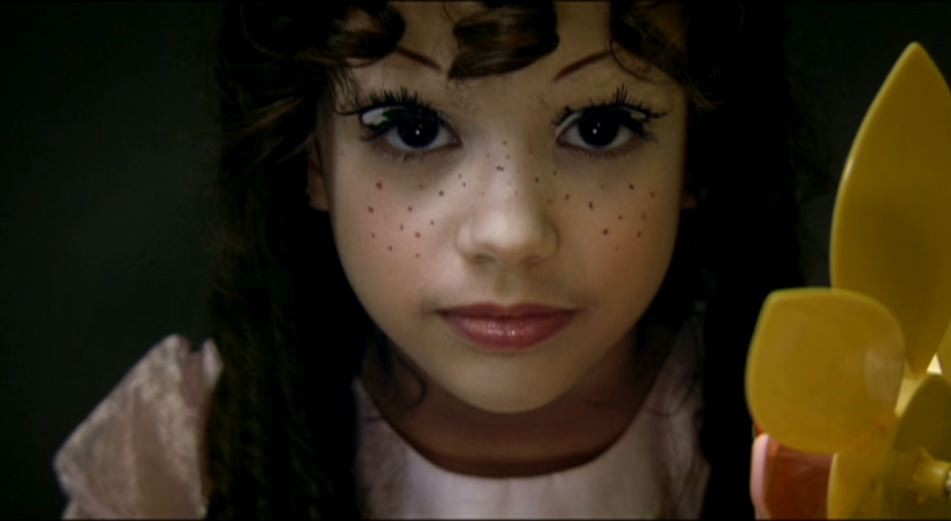Evens Media Education Prize 2009

In 2009, the first Evens Prize for Media Education was awarded to two organizations: the British Film Institute (BFI) and the University of Minho, Portugal.
They both developed a project proposal that convinced the external jury. These proposals were worked out in 2010 and translated to other contexts.
The BFI proposal included the production of a DVD with 12 French short films. The 12 films were chosen because they offer multi-layered meanings and rich sources for investigation and exploration. They are ideal for teaching a range of French-language skills, such as speaking, listening, vocabulary, reading and writing, and also for developing children’s intercultural understanding. These films are also an excellent tool for teachers to treat media education and to increase critical awareness. Teachers can refer to various manuals to get to work on concepts such as ‘context’, ‘story’, ‘sequence’, ‘composition’, etc.
The University of Minho proposal included the production of three booklets aimed at parents: one about watching television, another about mobile telephony, and the third about social network sites. The intention was to sensitize the parents directly and arm them so that they can educate their children about these issues in an informed and responsible way. These three booklets were translated from Portuguese so that they can be distributed on a wider scale. All information on these booklets can be found here.
In 2009, the first Evens Prize for Media Education was awarded to two organizations: the British Film Institute (BFI) and the University of Minho, Portugal.
They both developed a project proposal that convinced the external jury. These proposals were worked out in 2010 and translated to other contexts.
The BFI proposal included the production of a DVD with 12 French short films. The 12 films were chosen because they offer multi-layered meanings and rich sources for investigation and exploration. They are ideal for teaching a range of French-language skills, such as speaking, listening, vocabulary, reading and writing, and also for developing children’s intercultural understanding. These films are also an excellent tool for teachers to treat media education and to increase critical awareness. Teachers can refer to various manuals to get to work on concepts such as ‘context’, ‘story’, ‘sequence’, ‘composition’, etc.
The University of Minho proposal included the production of three booklets aimed at parents: one about watching television, another about mobile telephony, and the third about social network sites. The intention was to sensitize the parents directly and arm them so that they can educate their children about these issues in an informed and responsible way. These three booklets were translated from Portuguese so that they can be distributed on a wider scale. All information on these booklets can be found here.